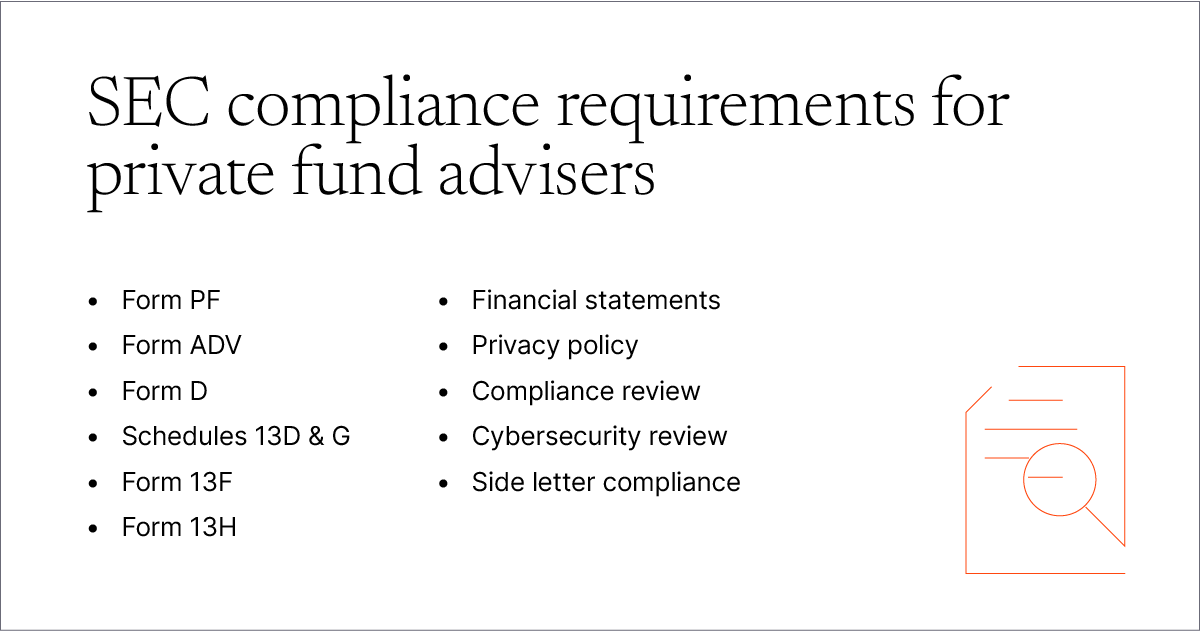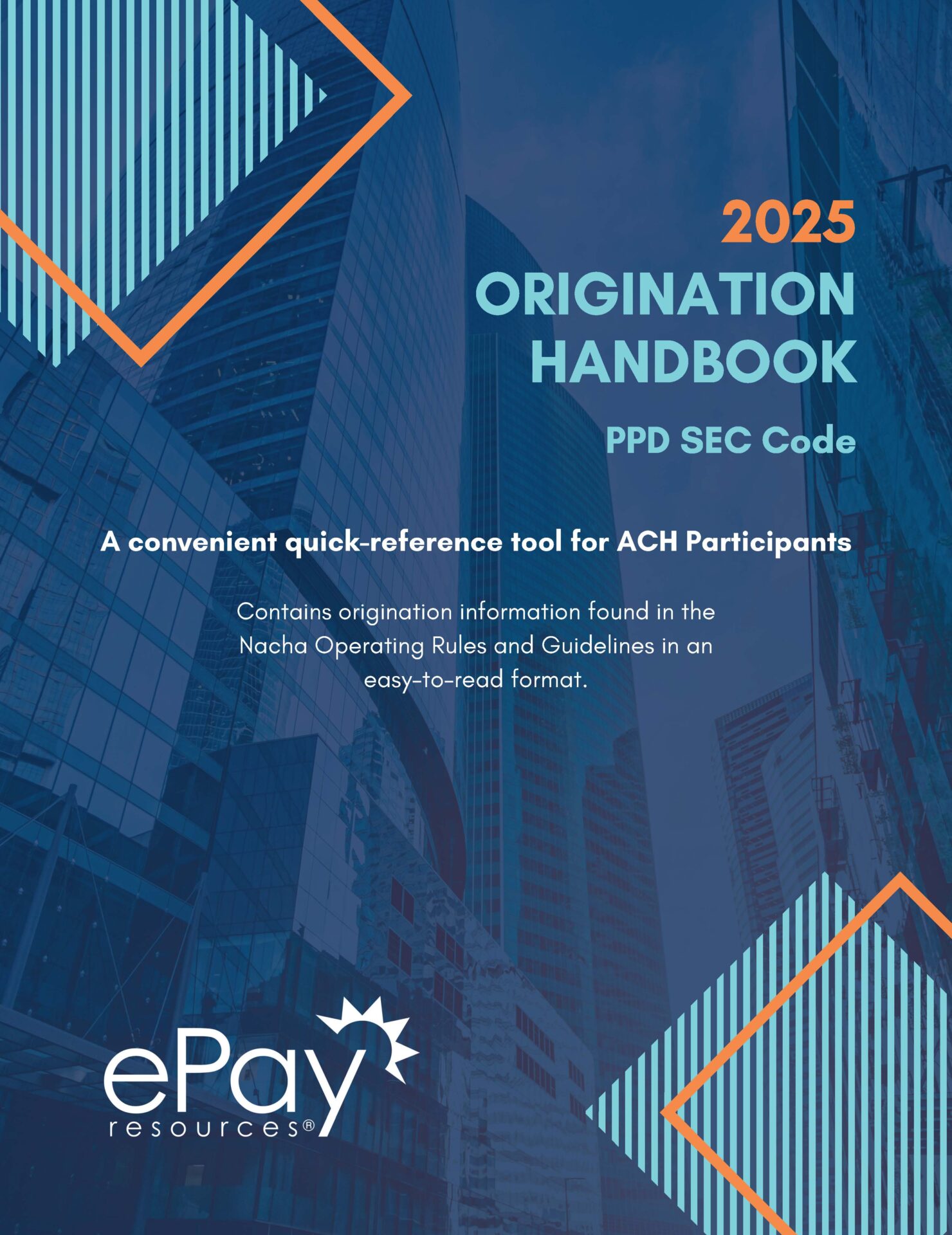Did you know that in the world of day trading, failing to comply with SEC regulations can feel like bringing a spoon to a knife fight? Understanding SEC compliance is crucial for every day trader, as it governs the legality and integrity of trading practices. This article breaks down the essentials of SEC compliance, from what it entails and why SEC registration is vital, to how the SEC regulates trading activities and the key rules you need to follow. We’ll also cover the penalties for violations, reporting requirements, and how to navigate margin trading under these regulations. Lastly, we'll highlight resources to help you stay informed and avoid common compliance pitfalls. Stay on the right side of the law with insights from DayTradingBusiness!
What is SEC compliance in day trading?
SEC compliance in day trading means following rules set by the Securities and Exchange Commission to ensure fair trading practices. It includes adhering to regulations like the Pattern Day Trader rule, which requires maintaining a minimum account balance of $25,000. It also involves reporting trades accurately, avoiding manipulative practices, and following regulations on margin use. Essentially, SEC compliance keeps day traders operating legally and transparently within the financial markets.
Why is SEC registration important for day traders?
SEC registration is important for day traders because it ensures compliance with federal securities laws, providing legal protection and legitimacy. It helps traders access regulated markets and transparency, reducing fraud risks. Registration also builds trust with brokers and clients, and may be a legal requirement for certain trading activities or investment advisories.
How does the SEC regulate day trading activities?
The SEC regulates day trading by enforcing rules like Pattern Day Trader (PDT) requirements, which mandate maintaining a minimum $25,000 account balance. It monitors trading activity for suspicious or manipulative behaviors, such as pump-and-dump schemes. The SEC requires brokers to report large or unusual trades to detect potential market abuses. It also enforces compliance with regulations like the Securities Exchange Act, ensuring traders follow fair trading practices. Violating SEC rules can lead to account restrictions or legal penalties.
What are the key SEC rules for day traders?
The key SEC rules for day traders include maintaining a minimum account balance of $25,000, known as the Pattern Day Trader (PDT) rule. You must execute at least four day trades within five business days if your account is under this threshold. Day traders are restricted from trading more than three times the maintenance margin in a margin account. You need to adhere to proper record-keeping and reporting requirements for all trades. Also, the SEC emphasizes transparency, fair trading practices, and avoiding manipulative tactics like pump-and-dump schemes.
How can I ensure my day trading complies with SEC regulations?
Register as a registered investment adviser if required, follow FINRA and SEC rules, and keep detailed records of all trades. Ensure your trading activities don’t involve manipulative practices or insider information. Regularly review SEC trading regulations, stay updated on rule changes, and consult a securities attorney or compliance expert. Use compliant trading platforms and disclose necessary information transparently.
What penalties exist for SEC violations in day trading?
Penalties for SEC violations in day trading include fines, disgorgement of profits, suspensions, bans from securities trading, and criminal charges that can lead to imprisonment.
Do I need a license to day trade legally under SEC rules?
Yes, you need a license to day trade legally under SEC rules if you're trading on margin or as a professional trader. For individual traders, no specific license is required, but if you execute pattern day trades, you must maintain a minimum account balance of $25,000. Registered broker-dealers and trading firms need SEC registration and licenses.
How does the SEC monitor day trading practices?
The SEC monitors day trading by analyzing trade data for patterns of rapid buying and selling, looking for suspicious activities like market manipulation or insider trading. They use surveillance systems to track large or unusual trades, review broker reports, and investigate suspicious accounts. The SEC also collaborates with FINRA and exchanges to flag abnormal trading behavior and enforce compliance with regulations like pattern day trading rules.
What are the reporting requirements for SEC compliance?

SEC compliance for day trading requires reporting any large trades or suspicious activities under the Anti-Money Laundering (AML) and suspicious activity reporting rules. Brokers must file Form 13F quarterly if managing over $100 million in assets. Day traders with significant positions may need to report holdings and transactions if they trigger specific thresholds. Additionally, traders must keep detailed records of all trades and transactions for at least five years to comply with SEC recordkeeping rules.
How do SEC rules affect margin trading for day traders?
SEC rules set strict limits on margin levels for day traders, typically requiring a minimum of $25,000 in account equity. They also mandate that pattern day traders maintain this minimum to avoid restrictions, like reduced buying power. These regulations prevent excessive leverage, reducing risk of large losses. If traders fall below the $25,000 threshold, the SEC requires a cooling-off period before resuming day trading activities. Overall, SEC margin rules keep day traders cautious and ensure brokerages enforce responsible leverage.
Learn about How Does Insider Trading Affect Day Traders?
What is the role of FINRA in SEC compliance for traders?
FINRA enforces rules that ensure traders follow SEC regulations, acting as a self-regulatory organization that monitors trading activities, investigates violations, and enforces disciplinary actions. It helps maintain market integrity by overseeing broker-dealers and their compliance with SEC laws, ensuring traders operate transparently and within legal boundaries.
How can I avoid common SEC compliance mistakes?
To avoid common SEC compliance mistakes in day trading, stay updated on SEC rules and regulations, maintain detailed trade records, and ensure your trading activities don’t violate securities laws. Avoid misleading information in disclosures, follow proper reporting protocols, and refrain from manipulative practices like pump-and-dump schemes. Use compliant trading platforms, verify all communications, and consult a securities attorney or compliance expert regularly. Always prioritize transparency and accuracy in your trading operations.
Are there specific SEC rules for trading on margin?
Yes, SEC rules for trading on margin include Regulation T, which limits initial margin requirements to 50%, and Rule 15c3-1, which sets capital and margin requirements for broker-dealers. Investors must also abide by FINRA rules that specify maintenance margin levels, typically 25%, and are subject to margin calls if their equity falls below that.
How does SEC compliance impact day trading strategies?
SEC compliance forces day traders to follow strict rules on disclosures, margin use, and trade reporting. It limits risky practices like insider trading and market manipulation, making strategies more cautious. Traders must adhere to regulations like pattern day trading rules, which require maintaining minimum account balances. This can restrict high-leverage trades and quick, aggressive moves. Non-compliance risks fines, account freezes, or legal trouble, pushing traders to prioritize transparency and legality over aggressive profits. Overall, SEC compliance makes day trading more disciplined, reducing reckless behavior and encouraging safer, rule-abiding strategies.
Learn about How Does Broker Compliance Impact Day Trading Account Security?
What resources are available to learn about SEC rules?

The SEC’s official website offers comprehensive rules and regulations. The EDGAR database provides access to filings and disclosures. Investor education resources are available through SEC Investor.gov, including guides on compliance. Financial news sites, trading courses, and webinars often cover SEC rules relevant to day trading. Legal and financial advisor consultations can clarify complex SEC regulations.
Conclusion about Understanding SEC Compliance in Day Trading
In summary, understanding and adhering to SEC compliance is crucial for successful day trading. Navigating the complexities of registration, regulations, and reporting requirements ensures you can trade legally and effectively. Familiarizing yourself with key SEC rules and avoiding common mistakes will help mitigate risks and enhance your trading strategies. For more comprehensive insights and guidance, DayTradingBusiness is here to support your journey toward compliant and profitable trading.
Learn about Understanding Day Trading Compliance Laws